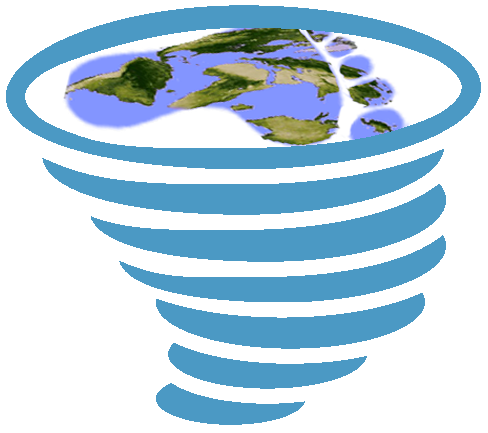
In the Northern Hemisphere in 2017 and 2018 brought several destructive hurricanes to the shores of North America, the Caribbean, and throughout the Pacific rim. Such extreme weather events are predicted to get more common and more severe with increasing climate change.
Several participating classes in the ISCFC were or are in the path of these storms and we hope for the best for them, their families and communities.
We would love to hear from students affected directly and indirectly by extreme weather events, and also any students who have been following the news this summer.
What are your thoughts about the connection between climate change and extreme weather events? Has this hurricane season increased your concern about climate change or not? Do you think that US citizens and residents (and others in the region) will take climate change more seriously now?
Extreme Weather >
Reducing Extreme Weather

Extreme weather like heat waves, droughts, and heavy rainfall, create a long list of effects to the environment. It is affected by the climate, which then affects individuals, and so on. For example, hurricanes tend to occur in warmer climates. This is because evaporation intensifies as the temperatures rise as well as the transfer of heat from the oceans to the air. So, as the storm travels over the oceans, it pulls in more water vapor and heat, which means stronger wind, rain, and flooding. This is important because human-caused global warming makes the storm surges worse, and more damage will be done to these “hurricane prone” areas. As the climate gets warmer, the hurricanes and storms will be worse. It takes months or years to rebuild these communities in the warmer climates after they have been hit by a storm, and citizens can lose their homes or their lives because of it. With that being said, there are many ways to reduce our ways of global warming, like using less electricity, and even eating more vegetables. By eating more vegetables, it can lower the amount of greenhouse gas emissions and it requires less energy, heat, and water. By doing just this, you can reduce your carbon footprint by almost 500 kilograms of CO2e per year. Another way to slow down global warming would be simply cleaning up your environment. Humans as well as animals and even the land around you are all affected by improper waste disposal. If you have trash, throw it out properly, and try to only use what is necessary. You can also volunteer to help in local clean-ups around your community. Speaking up and being a leader is one of the best ways you can help and slow down human-caused global warming and climate change. It will be very beneficial towards extreme weather and communities that are affected by it.
https://www.ncbi.nlm.nih.gov/pmc/articles/PMC9013542/
https://iopscience.iop.org/article/10.1 … 295/ac6e7d
https://www.edf.org/climate/how-climate … estructive
https://www.un.org/en/actnow/ten-actions
https://science.nasa.gov/earth/climate- … g-climate/





